- Home
- entertainment
- news
- The best, worst, and most unnecessary prequels in movie history
The best, worst, and most unnecessary prequels in movie history
Gabbi Shaw

- With a prequel, Hollywood can get as much out of intellectual property as possible.
- But prequels can also be a good way to illuminate something new about a story or character.
Timothée Chalamet might have a "no superhero" rule for his career, but he clearly doesn't have any rules about taking on a beloved character previously played an actor in a career-defining performance — yes, we're talking about Willy Wonka, the somewhat mercurial chocolatier played by Gene Wilder in 1979's "Willy Wonka & the Chocolate Factory."
This December, Chalamet will play Wonka in "Wonka," an origin story that — from what the new trailer suggests — will show how Wonka met the Oompa Loompas, became a successful chocolate-maker, and more.
This isn't the first time Hollywood has released a prequel that may or may not be totally unneeded. We've compiled a list of the 21 best, worst, or confusing prequels of all time — keep reading to see which films made the cut.
We can't judge "Wonka" fully yet, but our first question remains: Do we really need this?
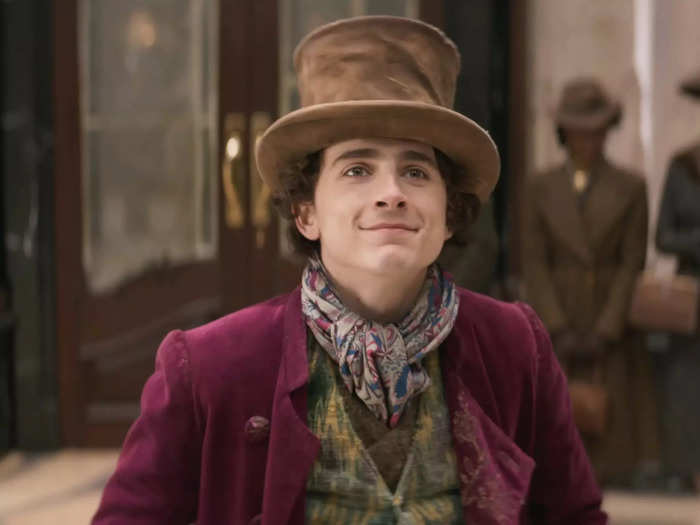
"Wonka" stars Timothée Chalamet as a young Willy Wonka, before he became the enigmatic chocolate tycoon we originally met in Roald Dahl's novel "Charlie and the Chocolate Factory," before seeing him on-screen played by Gene Wilder in 1971 and Johnny Depp in 2005.
Part of the reason the 2005 film doesn't totally work is because we learned about Wonka's odd backstory with his father, a dentist played by Christopher Lloyd.
Do we need to know about Wonka's sad childhood? Or how he met the Oompa Loompas? Or does it work better if it seems like Willy Wonka just fell from the sky and began making chocolate one day?
Since "Wonka" is directed by "Paddington" and "Paddington 2" director Paul King, there's a chance this movie might be great when it's released on December 15. But was it necessary? We'll just have to wait and see.
In contrast, we can't wait for the upcoming "Furiosa," the prequel to "Mad Max: Fury Road."
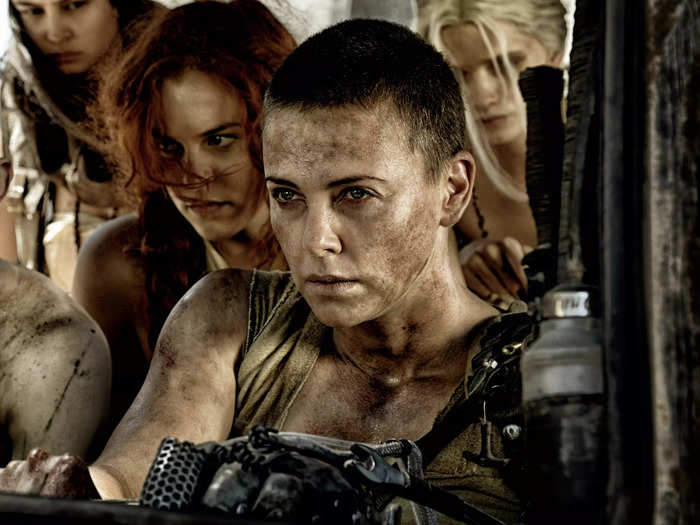
There have been four movies set in the world of "Mad Max," a post-apocalyptic future where the entire planet looks like a desert and society has almost completely broken down — and we can't get enough.
The 2015 installment, "Mad Max: Fury Road," introduced audiences to Imperator Furiosa (played by Charlize Theron), a general who goes against the tyrannical Immortan Joe (played by Hugh Keays-Byrne) to free his enslaved wives.
As "Fury Road" is technically a "Mad Max" movie, we spend more time with Max (played by Tom Hardy in "Fury Road" and originally played by Mel Gibson in the first three), but everyone left the theater wanting more Furiosa.
The 2024 prequel "Furiosa," starring Anya Taylor-Joy as the titular character, is sure to be awesome, if it's anything like "Fury Road."
Another amazing prequel? "The Godfather Part II."
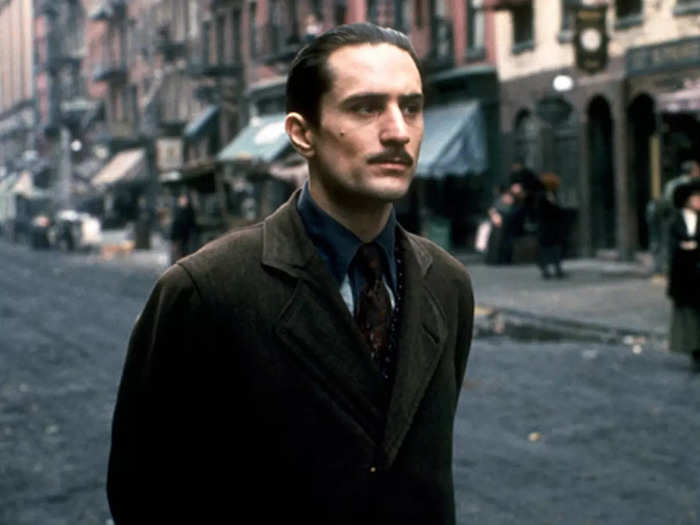
"The Godfather Part II," released in 1974, is both a sequel and a prequel to 1972's "The Godfather." The film simultaneously follows Al Pacino's Michael Corleone as he assumes the role of don in the Corleone crime family after the death of his father Vito, and tells viewers the origin story of a young Vito (played by Robert De Niro) as he immigrates to New York City from Italy.
Comparing and contrasting Vito and Michael at similar ages is a fascinating look into each of their personalities, and the film is able to keep viewers equally invested in both Vito and Michael as they rise to power.
The less we say about "The Godfather Part III," the better.
"Mamma Mia! Here We Go Again" follows a similar format, and it's also a total banger.
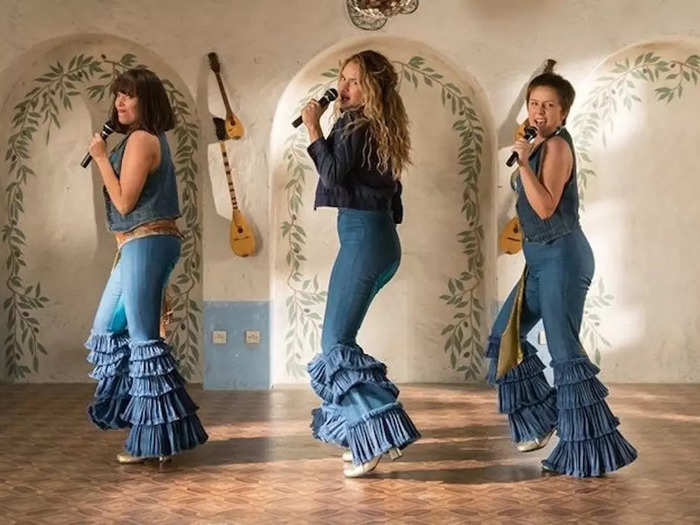
In our opinion, "Mamma Mia! Here We Go Again," released in 2018, is far superior to the 2008 original film. Why? Because it somehow follows "The Godfather Part II's" playbook and is both a sequel and a prequel.
While we watch a grown-up Sophie (Amanda Seyfried) struggle to finally open her mother Donna's hotel in the present, we also get to look back at how a young Donna (played by the effervescent Lily James) met the three very handsome men, any one of whom could be Sophie's father.
It shouldn't work, but it does. All we know is that — even if it doesn't make sense — we need both James and Meryl Streep back for the rumored third film.
"The Good, the Bad and the Ugly" is a perfectly entertaining film, whether you've seen the other two films in the trilogy or not.
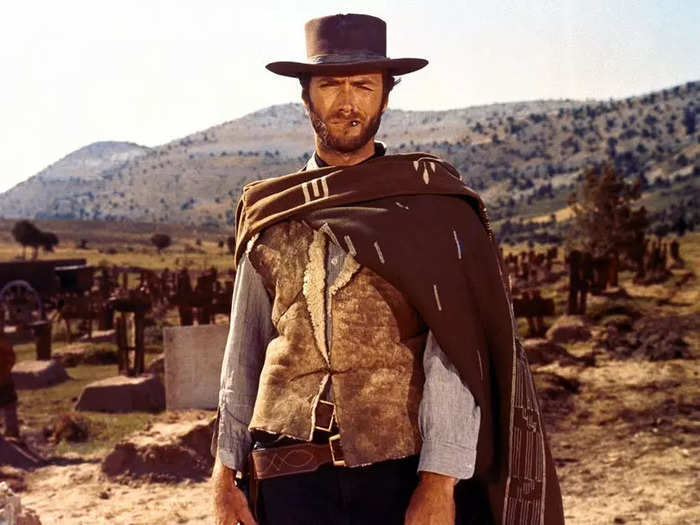
"The Good, the Bad and the Ugly," released in 1966, was the third and final film of director Sergio Leone's "Dollars Trilogy," which began with 1964's "A Fistful of Dollars."
But "The Good..." is actually a prequel, as it depicts Clint Eastwood's character (known simply as The Man with No Name) gaining the iconic items of clothing he wears in the other two films, and it explicitly takes place during the Civil War, while the others seem a bit more modern.
However, you don't need to see "Fistful" or its 1965 sequel to understand why "The Good, the Bad and the Ugly" rules. It's a staple of the spaghetti Western genre, Eastwood is as good as he's ever been, and the film's theme is still iconic almost 60 years later.
"Indiana Jones and the Temple of Doom" is a controversial film, but there are still things to enjoy about it.
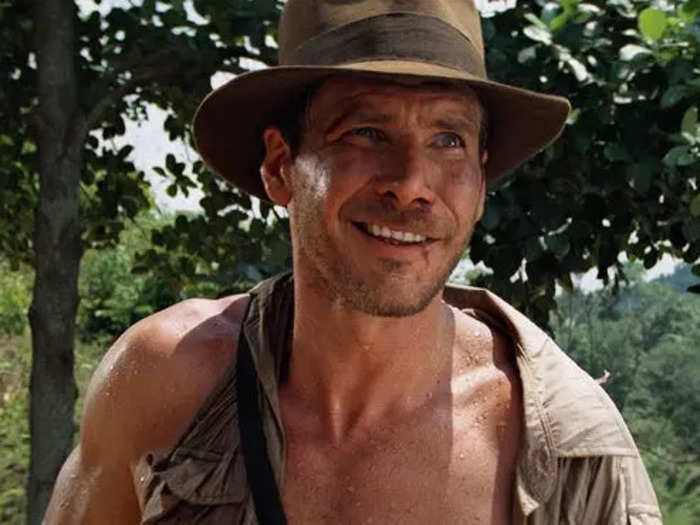
Yes, "Temple of Doom," released in 1984, takes place before 1981's "Raiders of the Lost Ark," even though characters from "Temple of Doom" (e.g. Ke Huy Quan's Short Round or Kate Capshaw's Willie Scott) are not mentioned in "Raiders" or "Last Crusade."
Instead, "Temple of Doom" is a rip-roaring adventure following archaeologist/treasure hunter Indiana Jones (Harrison Ford) as he goes up against a religious sect that uses enslaved children and rips out human hearts while trying to save a rural village that's been cursed.
"Temple of Doom" has not aged well in all aspects (its depiction of Indian food and culture is abysmal), and it doesn't really provide any context about Indy's early life — watch the prologue of "Last Crusade" to see River Phoenix playing a younger version of the character — it's still worth the watch for the mine car chase, Ford's delivery of "We are going to die," and the ludicrous plane-crash scene.
"Rogue One" is the best "Star Wars" prequel — bar none.
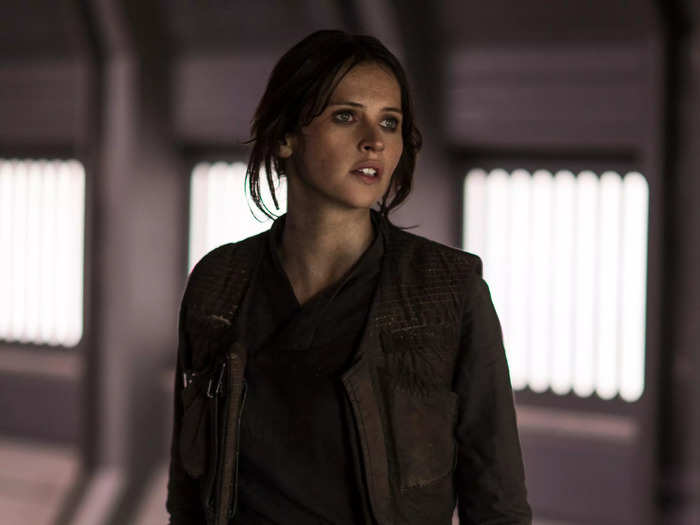
"Rogue One" is a prequel that explains exactly one plot point from the first "Star Wars" movie, originally released in 1977. Almost 40 years later, in 2016, fans finally got the answer to this question: How did the Rebels get access to the schematics of the Death Star?
Now we know: The daughter of an Empire engineer, Jyn Erso (Felicity Jones), teamed up with a ragtag crew comprised of a spy named Cassian Andor (Diego Luna), a reprogrammed Imperial droid named K-2SO (Alan Tudyk), a blind believer in the Force and his best friend (Donnie Yen and Jiang Wen), and a former Imperial pilot who turned good (Riz Ahmed), to steal the plans from an Imperial base on a suicide mission.
"Rogue One" is such an effective prequel because it almost immediately gets you invested in these characters, and you already know the stakes because of the original trilogy — the fate of the galaxy is at stake.
If that wasn't enough prequel action for you, don't fret. The Disney+ series "Andor" is itself a prequel to "Rogue One."
"Star Wars: Episode III – Revenge of the Sith" is also a solid prequel.
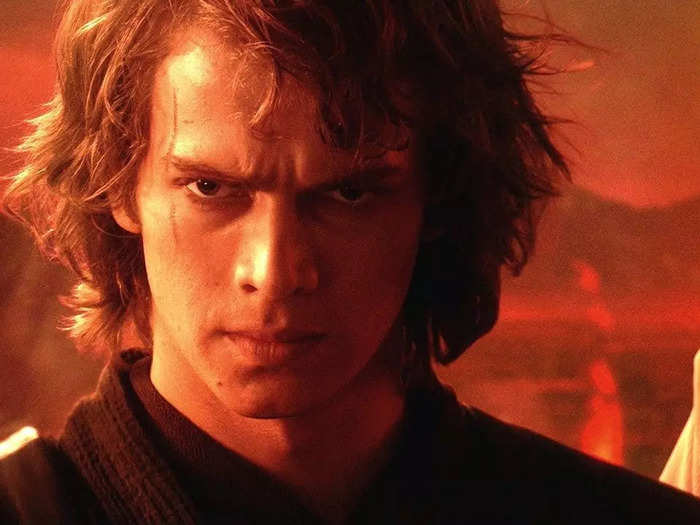
It all led to this: "Revenge of the Sith," released in 2005, finally showed "Star Wars" fans how exactly Jedi prodigy Anakin Skywalker (Hayden Christensen) turned into one of the most terrifying villains of all time, Darth Vader.
The final confrontation between Anakin and his erstwhile mentor Obi-Wan Kenobi (Ewan McGregor) has basically become a meme at this point, but when you rewatch the movie, it still hits. These two actors are both operating at the top of their game, and you really feel the heartbreak coming from both of them.
This film almost makes the mediocre first two films in the prequel trilogy (more on them later) worth it.
"Bumblebee" gave audiences the chance to learn more about everyone's favorite yellow Transformer.
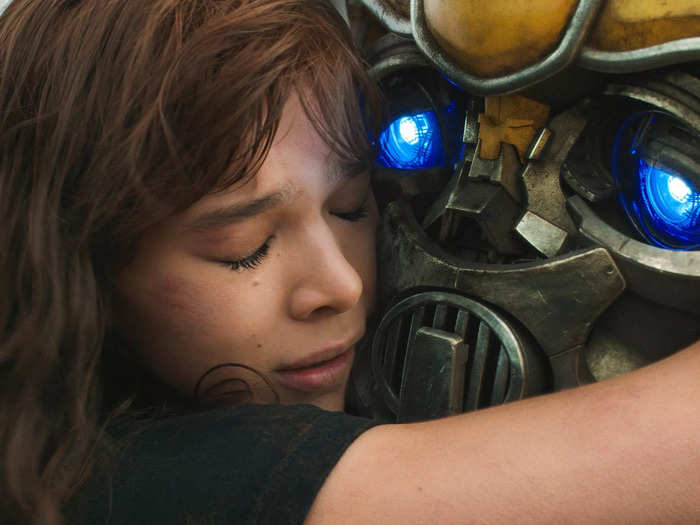
After the truly mind-boggling events of 2017's "Transformers: The Last Knight," which introduced the Knights of the Round Table and Merlin to the mythology, it was time to take the franchise back to basics.
And they did, one year later, with "Bumblebee," which takes the story back to 1987 and focuses on 18-year-old Charlie (Hailee Steinfeld). Charlie, who has just lost her father, finds Bumblebee in a scrapyard and begins to bond with him.
The stakes are a little lower, the lore is a lot more digestible, and Steinfeld is easily the best protagonist the franchise has ever seen.
"Transformers: Rise of the Beasts" is pretty good too — "Transformers" might be the only franchise that's truly benefited from prequels.
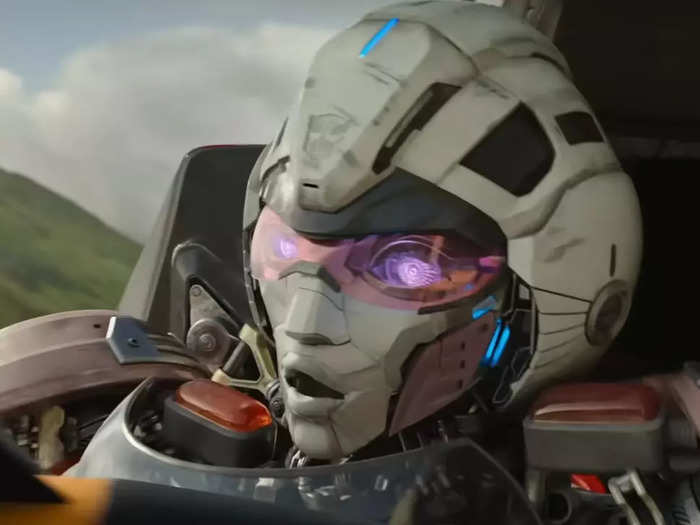
In 2023, "Rise of the Beasts" was released. It's a bigger story than "Bumblebee," but not as incoherent as "Last Knight" or "Dark Side of the Moon," and it has a way more compelling cast of characters led by Anthony Ramos as Noah Diaz, Dominique Fishback as Elena Wallace, and Pete Davidson as Mirage.
Again, this movie is a prequel to the original films, taking place mainly in 1994 and largely ignoring the events of both "Bumblebee" and the later films.
It's a fun time at the movies for anyone who simply likes to turn off their brain and watch giant robots beat each other up.
And "X-Men: Days of Future Past" was a fun way to see younger versions of our favorite characters while keeping around some of the original X-Men.
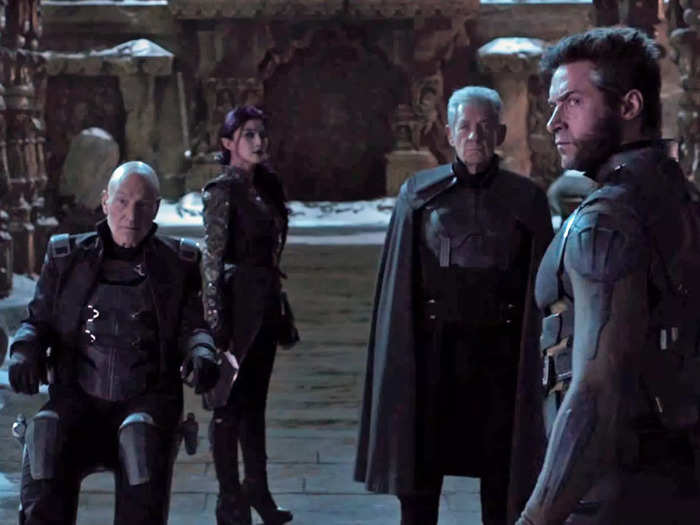
The "X-Men" franchise has one of the most complicated chronologies in movie history — and much of that is made even more confusing with the events of 2014's "Days of Future Past," which sees characters from the original "X-Men" film go back in time to link up with the characters introduced in 2011's "X-Men: First Class" to change the future and hopefully save all of mutant-kind.
But even with that complicated setup, this movie is a lot of fun. Seeing Hugh Jackman's Wolverine interact with the younger version of his mentor Professor X (played by James McAvoy) and his arch-nemesis Magneto (Michael Fassbender) is entertaining, and the happy ending they manage to pull off for almost everyone feels earned.
"Alien: Covenant" is more connected to the original "Alien" films than its predecessor, "Prometheus."
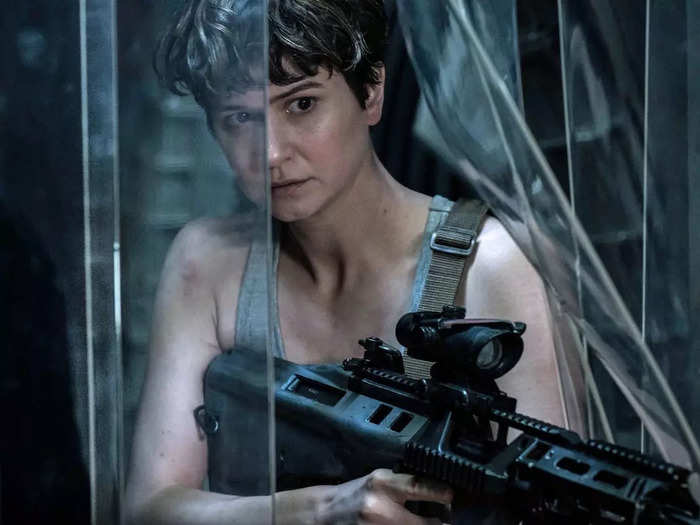
The world of "Alien" is a big one — that's why there have been six movies and a TV show in the works.
While 2012's "Prometheus" takes place in the same universe as "Alien," its 2017 sequel "Alien: Covenant" directly ties into the events of the earlier films, by essentially retelling the events of 1979's "Alien." But this time it explains how the horrifying xenomorphs were actually created by the evil Weyland-Yutani Corporation, and how learning to control these creatures has always been their plan.
Also, we have to shout out Michael Fassbender, whose dual performance as Walter and David is the highlight of this movie. Creepy androids are an important part of the "Alien" franchise, and he knocked it out of the park.
But not all prequels are great — some are completely unnecessary, like "Oz the Great and Powerful," an origin story for the Wizard from "The Wizard of Oz."
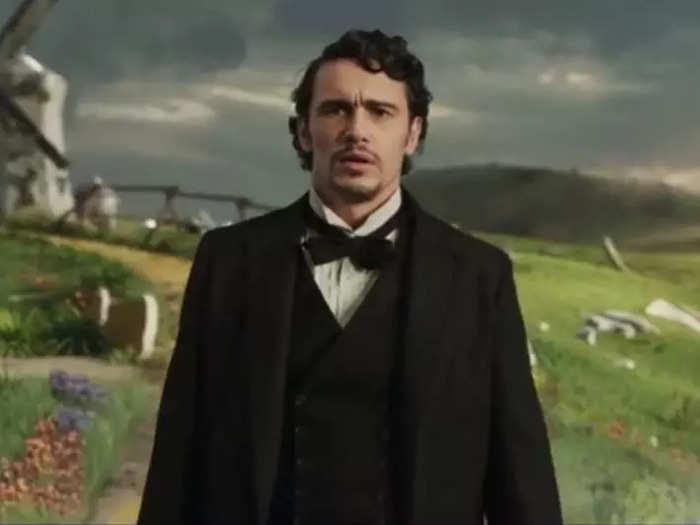
"The Wizard of Oz" remains one of the greatest films of all time, even though it was released 84 years ago. That's probably enough of a reason to leave this story alone, but instead, there have been many attempts to create a worthy sequel of the film — none of them have lived up to the original.
Sadly, neither does 2013's prequel "Oz the Great and Powerful," starring James Franco as the titular Oz. Part of the fun of "The Wizard of Oz" is that you don't really know how the Wizard got to Oz, and that mystery adds to the fantastical vibes of the land of Oz.
But if you watch "Oz," you'll learn all about Oscar's career as a scam artist, how he manipulated everyone around him, and how he inadvertently created the Wicked Witch of the East.
It's not a horrible movie, but it kind of takes away from the magic of the original film, and for that, it's unnecessary.
We can't knock Emma Stone's performance in "Cruella," but did we really need an origin story for the Dalmatian-hating Cruella de Vil?
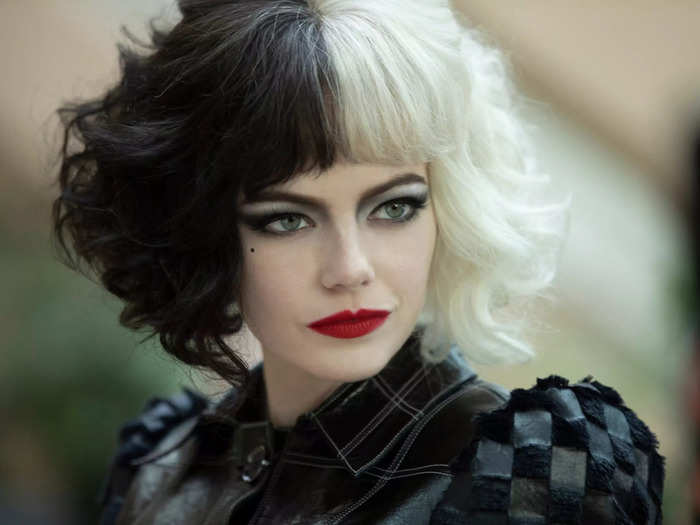
We know that anti-heroes are all the rage, but did Disney really expect us to start siding with a woman who wanted to skin 101 Dalmatian puppies for a coat? This 2021 film gives Cruella de Vil, the villain of the 1961 animated film, a convoluted back story in which she clashes with a legendary fashion designer known only as the Baroness (Emma Thompson).
It is fun to watch Stone and Thompson face off, the fashion is to die for, and it's overall a solid movie ... but there's no reason for it to exist. We didn't need to know anymore about Cruella — and we definitely don't need a sequel.
Many people loathe the "Hobbit" trilogy — "Lord of the Rings" fans were content with the original three films.
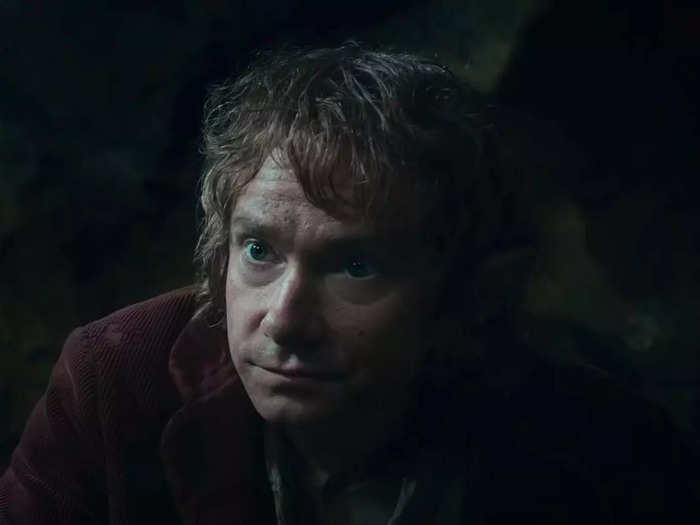
Simply put: "The Hobbit" films (2012's "An Unexpected Journey," 2013's "The Desolation of Smaug," and 2014's "The Battle of the Five Armies") are slow. While the first three "Lord of the Rings" movies are based on a 1,200-page tome, "The Hobbit" films are based on a 300-page novel (that's downright cute in comparison).
Maybe "The Hobbit," which starred Martin Freeman as Bilbo Baggins, would've worked as a single film, but there was no reason for the story to be stretched out across three films — especially when we know exactly how it ends thanks to Bilbo's appearances in "Fellowship of the Ring" and "The Return of the King," as played by Ian Holm.
"300: Rise of an Empire" took everything that was not great about "300" and doubled down.
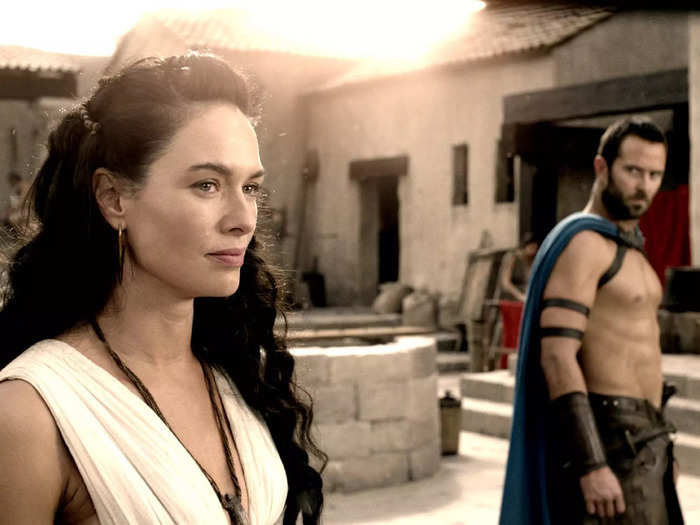
"300," the 2006 historical epic, isn't exactly a work of cinematic art, but it is entertaining, and spawned many a meme and much interest in ancient Sparta.
However, "Rise of an Empire," released in 2014, is both a prequel and a sequel, and also takes place during the events of "300." You could argue it bites off more than it can chew. Plus, in our opinion, Sullivan Stapleton does not hold the screen the same way Gerard Butler does.
As The New York Times' Nicolas Rapold put it, "Rise of an Empire" "[lacks] the momentum and bombastic je ne sais quoi of '300.'"
"The Thing" didn't live up the '80s original.
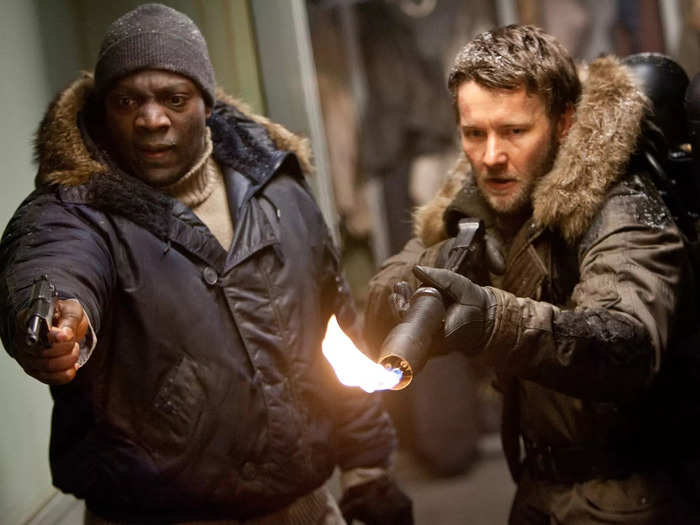
The 1982 John Carpenter classic "The Thing" was negatively reviewed upon its release, but it has since been reappraised as one of the best sci-fi/horror films of all time. The special effects alone remain horrifying 41 years later.
The 2011 prequel, also called "The Thing," leads viewers right up to the first moments of the 1982 film, which completely removes the stakes — you know that everyone in the film is toast.
As many critics noted, the 2011 version also didn't really deviate from the source material. NME's Owen Nicholls wrote, "The real mess lies in the fact that from Plot Point One until Act III we're treading over all-too-familiar snow prints."
Just watch the original.
"Star Wars: Episode I – The Phantom Menace" and "Star Wars: Episode II – Attack of the Clones" are just boring.
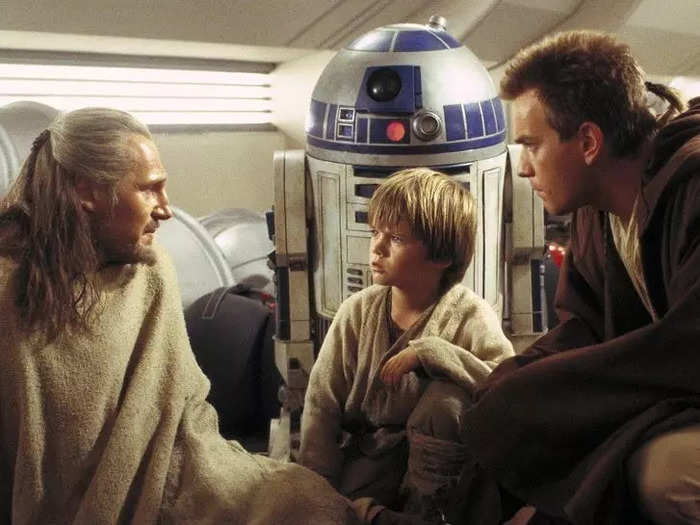
Think back to 1999 — the first "Star Wars" movie in 16 years is about to be released. You can't wait to see how director George Lucas is going to show fans how the Jedi chosen one, Anakin Skywalker, became the space fascist known as Darth Vader.
You sit down with popcorn to view "The Phantom Menace" ... and you watch a movie that's about track blockades, contains a scientific explanation for the Force, and portrays the future Darth Vader as a whiny kid.
Three years later, in 2002, you sit down once again to see "Attack of the Clones." Maybe they've course-corrected — but no. Now you have a whiny teenage Anakin Skywalker, the Jedi acting even more incompetently than they did in "Phantom Menace," and a movie that's just as boring. There's not a Han Solo-level character to be found.
Skipping to "Revenge of the Sith" is the best way to view "Star Wars," trust us.
"The Scorpion King's" only redeeming quality is that it started Dwayne Johnson on his path to movie stardom.
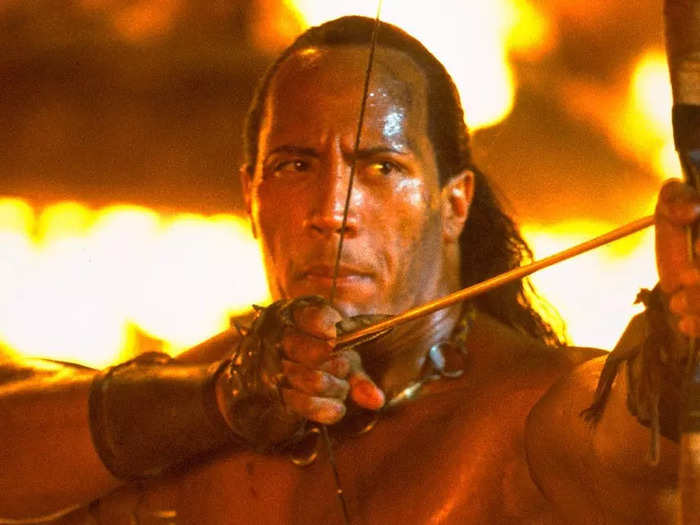
"The Scorpion King" is just a bad movie. The CGI is bad, the Rock hasn't mastered his on-screen persona yet (read: he does not have a personality in this movie), and there's really no reason we needed to see the origin story of the Scorpion King: There's a scene dedicated to his origin story in "The Mummy Returns" and that tells us everything we need to know.
It's a testament to Johnson's charisma because if this had been anyone else's first leading role, their career would've been over.
Popular Right Now
Popular Keywords
Advertisement